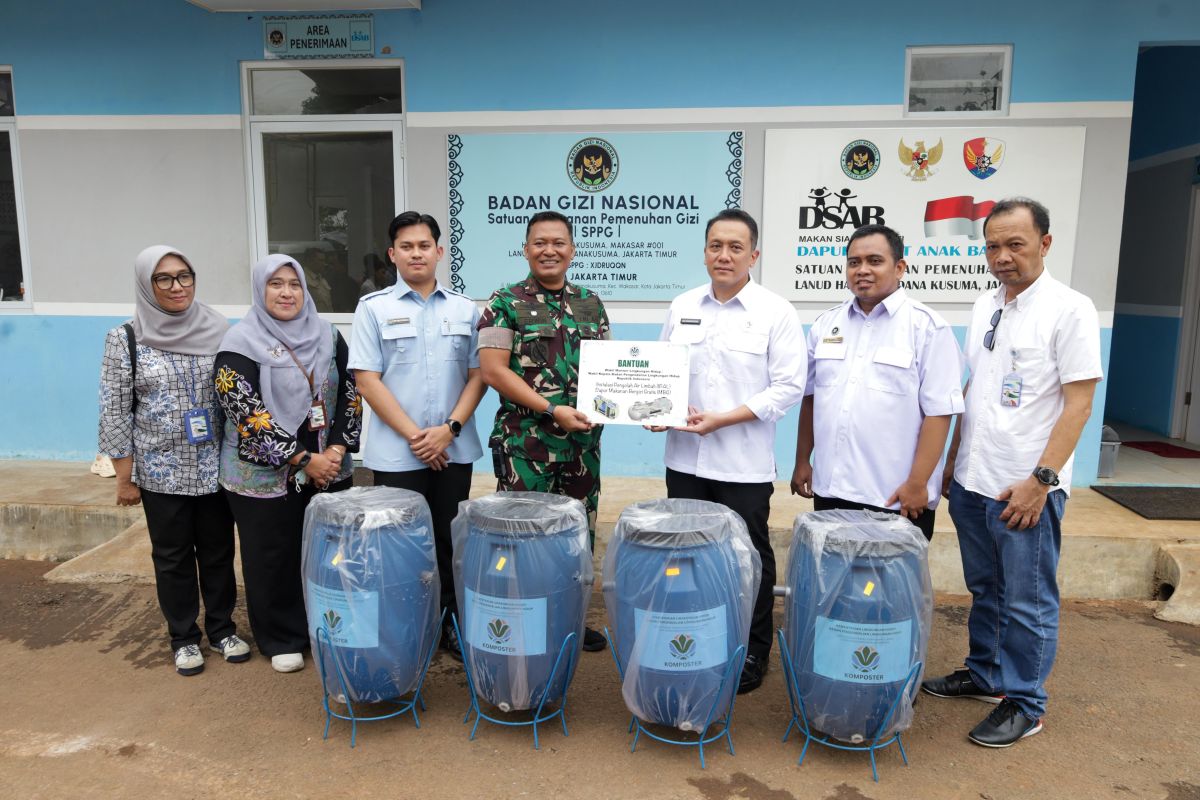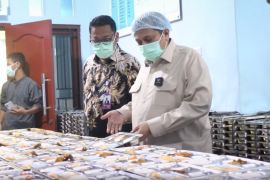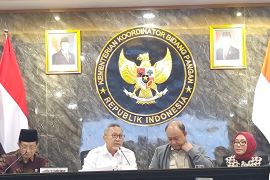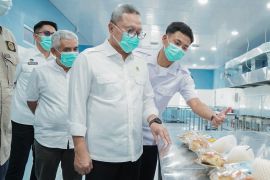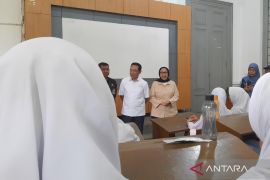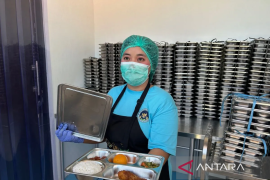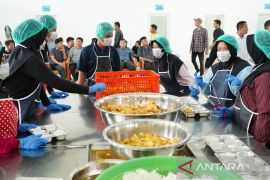"This MBG program is excellent, the children look happy, the meal are served in right the portion, and it also pay attention to children with allergies. But beyond that, we want this program have the best waste management system," said Diaz during a visit to the Halim Perdana Kusuma Nutrition Fulfillment Service Unit (SPPG) in East Jakarta on Friday.
SPPG Halim currently serves students from 15 schools with a kitchen capacity of more than 6,000 portions per day.
Diaz explained that the kitchen's waste management system involves separating organic and inorganic waste. The organic waste is then used as animal feed in collaboration with local waste banks.
In addition, the kitchen is also equipped with a simple wastewater treatment plant (WWTP).
"Through composting, we not only reduce the burden on the landfill (TPA) but also create useful byproducts from organic waste," said Diaz, who is also the Deputy Head of the Environmental Management Agency (BPLH).
To support the initiative, The Ministry has donated two composters with a capacity of 30-50 kilograms per day and an additional WWTP unit to the Halim SPPG kitchen.
The composters can capable of processing organic waste into solid compost and producing liquid organic fertilizer that is beneficial for surrounding plants.
"I hope the Halim SPPG can become a model for other kitchens, especially in term of waste and effluent management," he said.
The National Nutrition Agency aims to establish 30,000 SPPG units by the end of 2025. With each unit serving an average of 3,000 students, the programs expected to generate 800 tons waste per day.
Therefore, integrated and effective waste management is critical to the program's long-term sustainability.
Related news: Environment Ministry calls for waste management in free meal program
Related news: Ministry utilizes budget increase for waste, climate change management
Translator: Yoanita Hastryka Djohan
Editor: Primayanti
Copyright © ANTARA 2025
